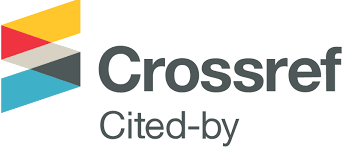Abstract
Through an experimental design and using the theoretical lens of categorization and cognitive appraisal theories, this research examines how tweets evaluated based on tone (valence and character) coupled with the CSR type (Corporate Operating Performance vs. Corporate Social Performance) and the related CSR fraud can subsequently impact their CSR beliefs and confidence in the firm. CSR beliefs are the extent that an individual feels a firm should be engaging in CSR activities. It was found that the valence of the tweets moderated by the tweet’s character or tone impacts the consumer’s belief in firms engaging in CSR activities. Tweet valence increases confidence in firms while tweet valence moderated by the fraud type (CSP fraud vs. COP fraud) decreases confidence in firms. Negative utilitarian tweets lead to less confidence in firms while positive utilitarian tweets lead to more confidence in firms, which can be explained through cognitive appraisal theory.





